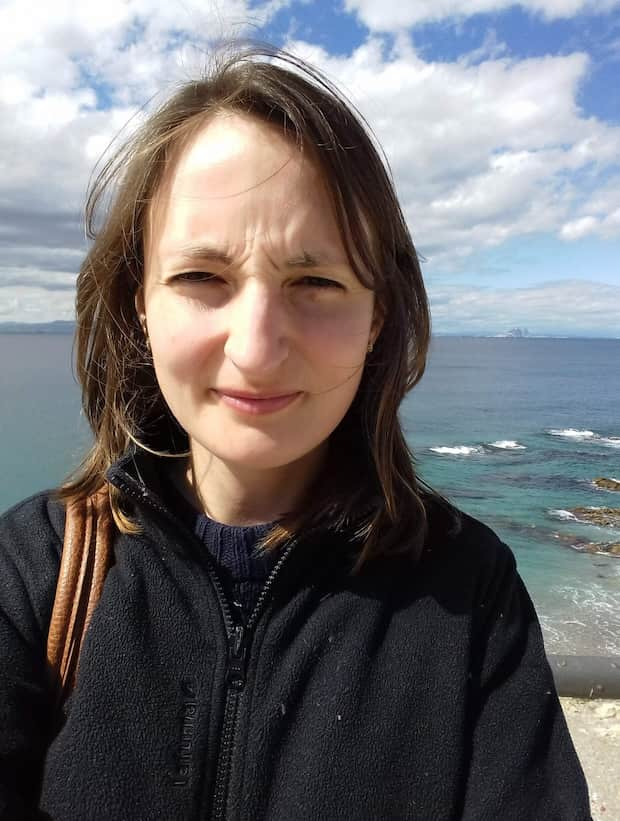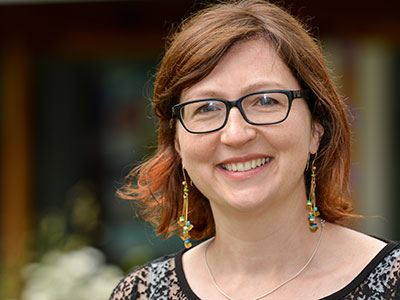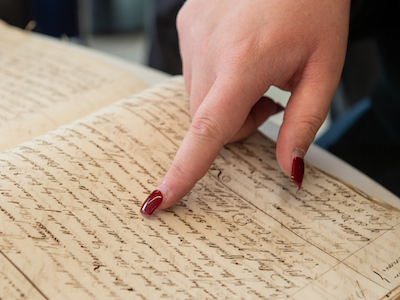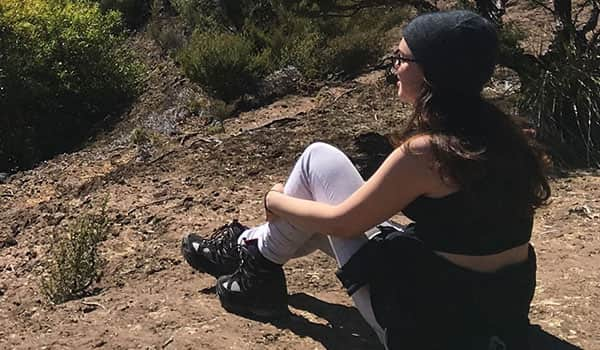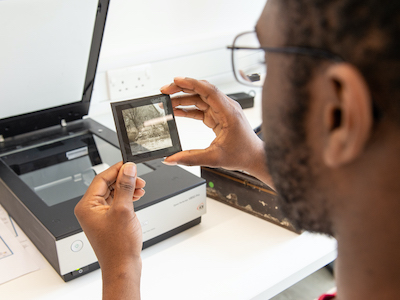Lancaster's History Department is a thriving and friendly centre of historical teaching and research at the heart of the university campus.
We pride ourselves on the strong sense of community in our friendly Department. Studying with us, you will have the flexibility to select modules that fascinate you and tailor your degree to your own individual interests. Our active student society organises a fun and exciting variety of social and course-related activities throughout the year.
Below, we introduce some of the people you may meet in your first year.




